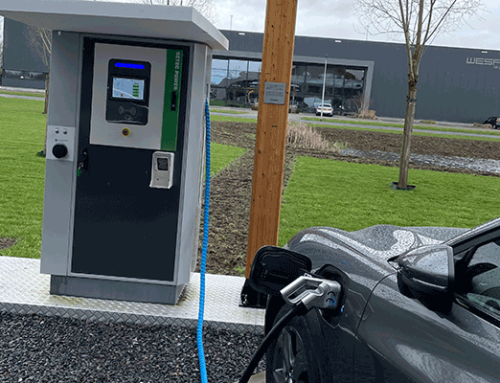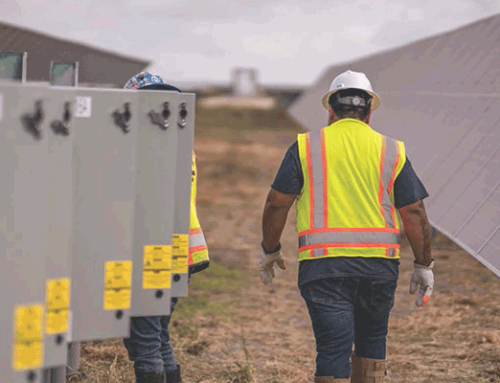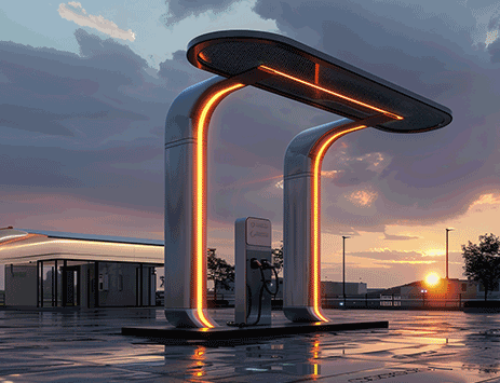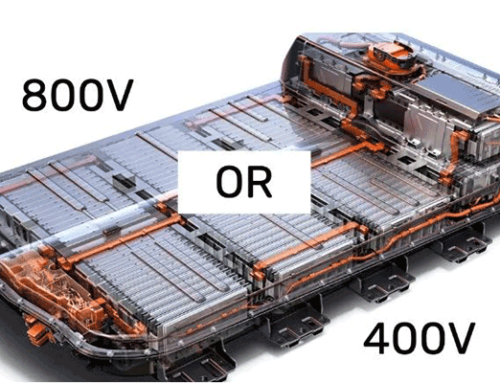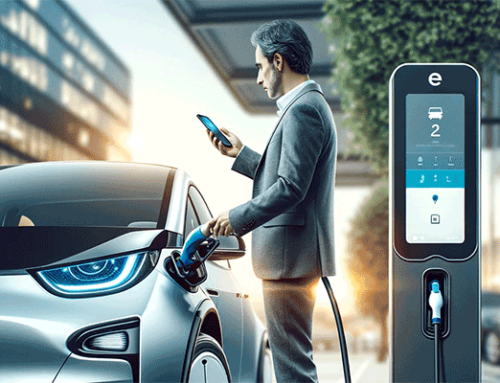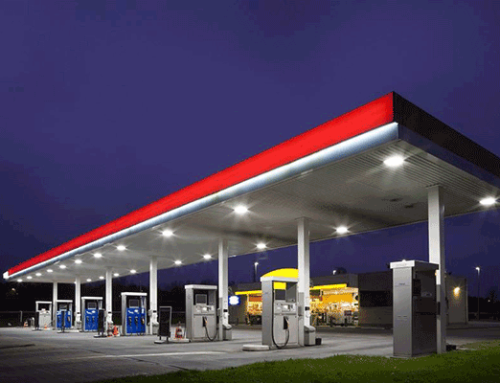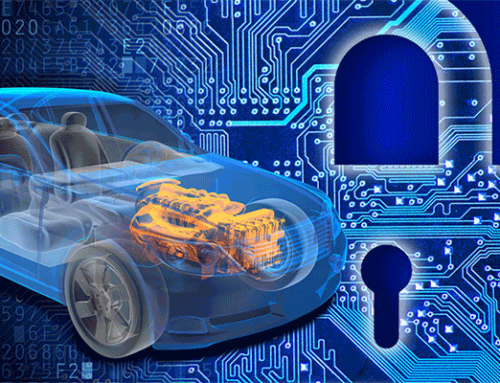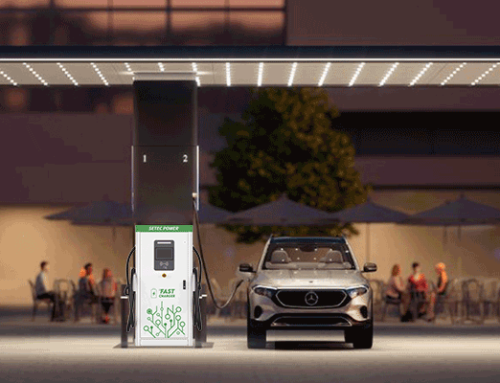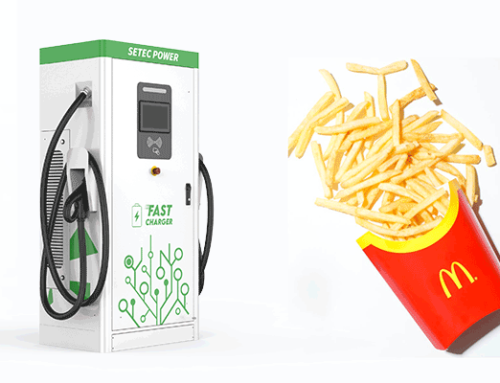The solar EV charger is a helpful accessory for electric car owners. I’m sure many car owners have problems charging their EVs, so it’s cool to be able to charge them at home with free and clean solar energy. However, in practice, it is not as easy as it sounds. This guide can help you choose the correct solar EV charger for your electric vehicle.
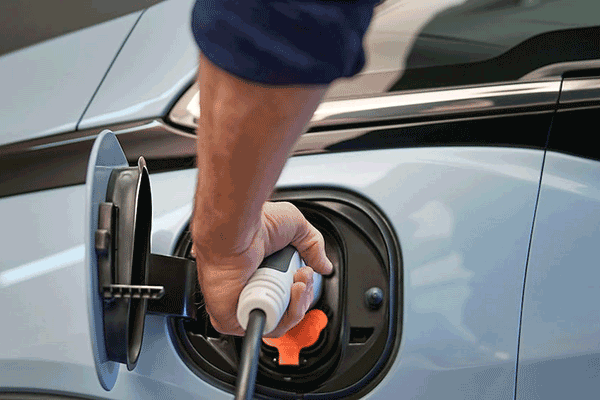
What Is a solar EV charger?
Solar EV chargers are devices that can charge electric vehicles using solar energy. It is well known that electricity from solar energy is much cheaper than the grid and more practical in times of energy scarcity. Solar EV chargers usually consist of the following components:
- Solar panels: Solar panels consist of photovoltaic (PV) cells, which convert solar light into DC electricity.
- Inverter: Solar systems generate DC power, while electric vehicles need AC power to charge. An inverter converts DC to AC electricity, which is necessary for fueling an electric vehicle. In dedicated solar chargers, the inverter comes integrated in the electric vehicle supply equipment.
- Battery storage system: A battery storage system ensures that your solar energy doesn’t go to waste. When your vehicle is disconnected, the system continues to store the energy your solar panels produce. When you reconnect your vehicle, it can charge off the power stored throughout the day.
- Electric car charger: It consists of an interface, software, electrical conductors, and protocols that allow for the safe delivery of electricity into your vehicle’s battery.
Types of solar EV charger
Suppose you own an electric car and are interested in charging it with solar power. In that case, you can choose to install an integrated solar charging station or add an inverter and charger to your existing home solar system.
Integrated Solutions
An integrated solar charger is a solution that combines solar panels, an inverter and a battery storage system that requires no additional setup or wiring other than installation. For example, SETEC POWER’s Home EV Charging Solar Carport System is a simple solution for home use.
Separate Solutions
Separate installation is an excellent choice if your home already operates on a solar power system but you don’t yet have an Electric car charger. You need to choose the suitable Electric car charger and inverter to suit your electric car charging, but you need the cooperation of professionals.
Choose a solar EV charger
There are several factors to consider before you decide to choose a solar EV charger:
Charging Time
Level 1 chargers take about 20 hours to fully charge, level 2 chargers take 8 to 10 hours, and level 3 chargers can reach about an hour. It is recommended to choose from Level 2 chargers and Level 3 chargers, although you need to pay more but from the use of experience and long-term considerations are better choices.
Off-Grid Needs
The solar electric car charging options currently on the market have varying degrees of reliance on grid energy.It would be best if you made your choice according to your needs.
Expertise
Expertise is relevant to choosing between an integrated or a separate installation. If you’re knowledgeable about solar inverters and how to set up a solar power system for optimum use, installing your inverter separately may allow you better control over your energy distribution. An integrated installation may be a better choice if you want to reduce installation time and save money.
